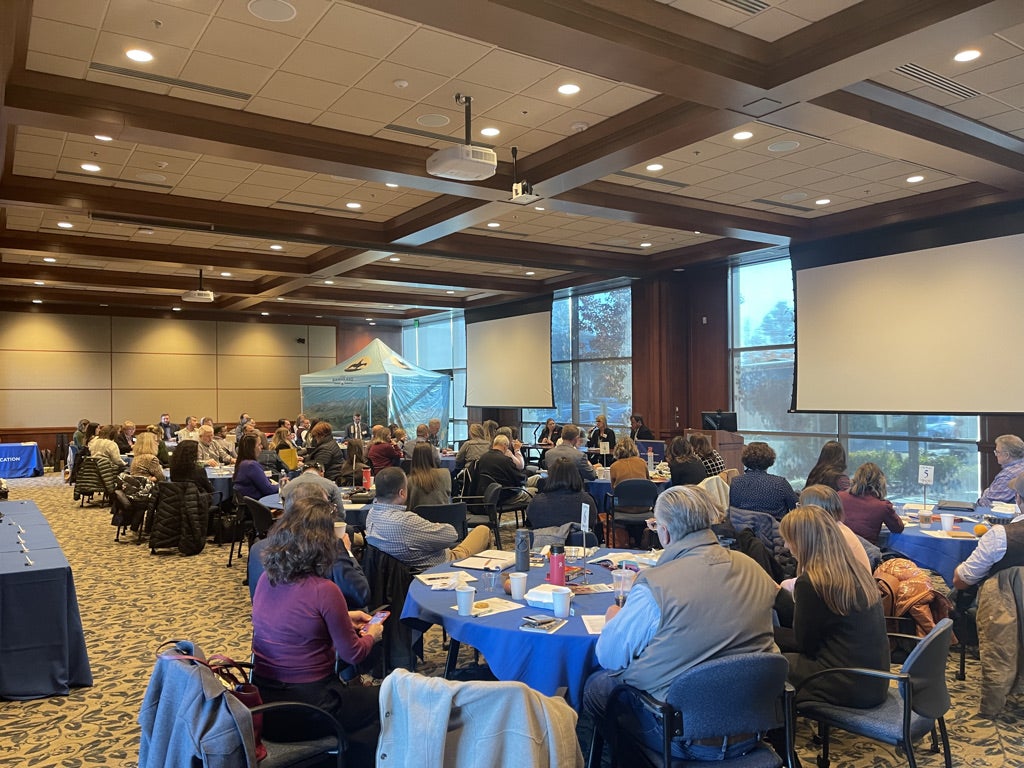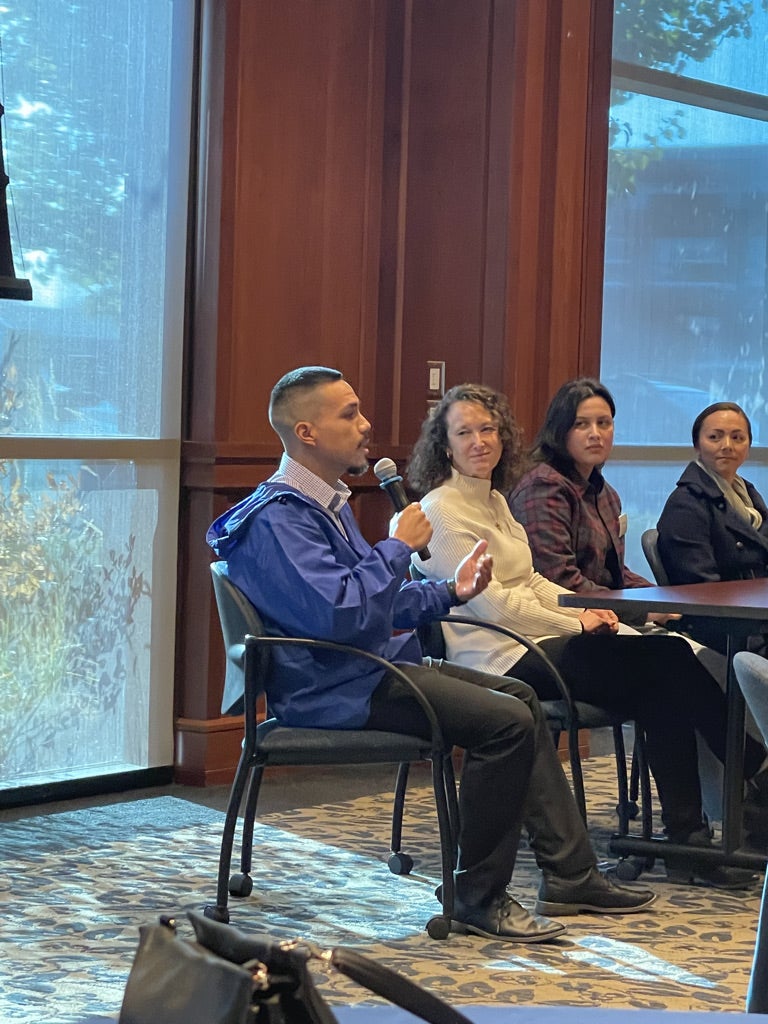
The Rural Education Collaborative, one of Boise State’s Vertically Integrated Projects, held a forum on campus last month with both physical and Zoom participants to dissect and discuss education for rural Idaho students.
Notable panelists included the incoming State Superintendent of Public Instruction Debbie Critchfield, Idaho State Board of Education President Kurt Liebich, and Idaho State Board of Education Chief Planning and Policy Officer Tracie Bent. These leaders in education held their panel about under served and rural educators and the help they need to better serve their students.
There were several other panels about strengthening rural education and opening up opportunities to those who don’t have access as those who live in more urban areas.
“More than eighty percent of our school districts in Idaho are considered rural,” said Heather Williams, associate professor for curriculum instruction and foundational studies in the College of Education and organizer of the Vertically Integrated Program for Rural Education at Boise State. Williams grew up in a rural part of the state and understands first-hand the experiences of these students and educators.
Williams teaches at the graduate level for the executive leadership program where she prepares aspiring superintendents. Due to the fact that 85 of 105 of Idaho’s school districts are rural, many of these graduates may go on to lead in a rural system.
Donna Llewellyn, executive director of Boise State’s Institute for Inclusive and Transformative Scholarship, helped spark the idea for Williams to start this collaboration. Williams’ work is primarily research in rural education and leadership turnover among school administration without much access to undergraduate students. Llewellyn issued a challenge to Williams to involve more students in her research, which led to the launch of the Rural Education Collaborative Vertically Integrated Program. The collaboration allows more students and people of different perspectives – not just education majors and Boise State students – in on the program as well.

“The forum’s last panel ended with testimonies and powerful insights from students,” Williams said. “It reminded us of the impact education can have on us, on students, on an individual, and how that can change their life. The ripple effect can change the lives of those around them and their community.”
The event’s attendees walked away with a greater understanding of rural communities and approaches to better their education.
“My takeaway from the event is the fact that all of our rural areas are unique,” commented an attendee. “Each area has its own resources to tap into to assist local schools with their endeavors. All ideas are worth researching and trying to find partners to assist with the continuing education of our students.”
Learn more about the Rural Education Collaborative